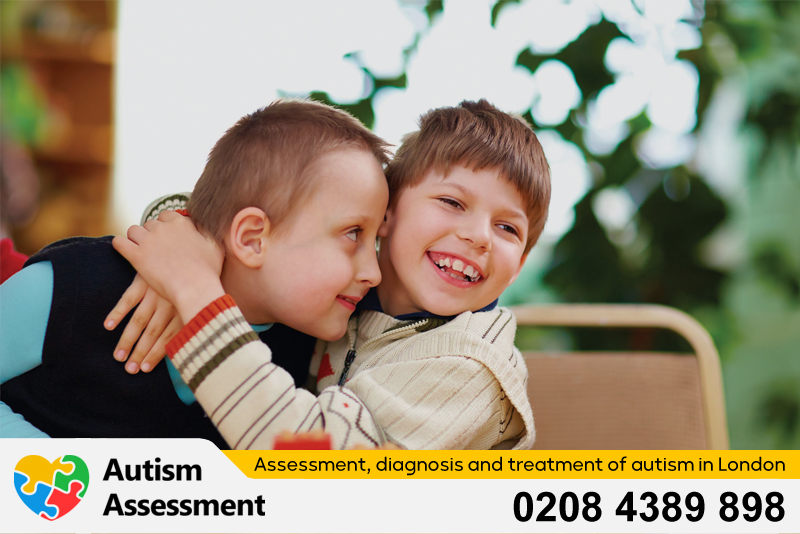can autism get worse with stress
The Relationship Between Autism and Stress
Autism Spectrum Disorder (ASD) is a complex neurodevelopmental condition that affects communication, behavior, and social interaction in various ways. Individuals with autism experience the world differently, and this can sometimes lead to heightened stress and anxiety. It’s important to understand that while autism itself does not ‘get worse’ with stress, the symptoms and challenges associated with autism can be exacerbated by stressful situations.
Stress is a natural response to demands placed on an individual, and everyone experiences it at some point. However, for autistic individuals, certain aspects of daily life that may seem trivial to others can be particularly stressful. This includes navigating social situations, dealing with sensory overload, and managing the unpredictability of the environment. These stressors can intensify the difficulties already faced by those with autism, leading to what is often referred to as ‘autistic fatigue’ or ‘autistic burnout’.
Autistic fatigue is a state of physical and mental exhaustion that goes beyond typical tiredness. It can manifest in increased meltdowns, heightened sensory sensitivity, physical pain, and even the temporary loss of abilities such as speech. Autistic burnout, on the other hand, is a more severe and long-term form of exhaustion that affects all aspects of life, not just professional or educational settings.
The prevalence of anxiety disorders among autistic individuals is notable, with about 40% experiencing significant anxiety. This is not surprising, given the challenges mentioned above. Anxiety can significantly impact the quality of life, limiting opportunities for relationships, employment, and community engagement.
Managing stress and anxiety in autism involves a multifaceted approach. It includes identifying triggers, developing coping strategies, and sometimes incorporating therapies and medications. Techniques such as ‘energy accounting’ can help individuals monitor and manage their energy levels to prevent burnout. This involves setting limits on daily activities and ensuring adequate time for rest and relaxation.
It’s also crucial for society to foster an environment that is understanding and accommodating of the needs of autistic individuals. Acceptance and support can go a long way in reducing the stressors that exacerbate the challenges of autism.
In conclusion, while autism itself does not worsen with stress, the symptoms and difficulties associated with it can be amplified in stressful environments. Understanding, support, and effective management strategies are key to improving the well-being of autistic individuals and helping them navigate the complexities of their condition in a stress-filled world.
For more detailed information and support, Verywell Health and the National Autistic Society offer comprehensive guides and resources on managing anxiety and fatigue in autistic individuals.



